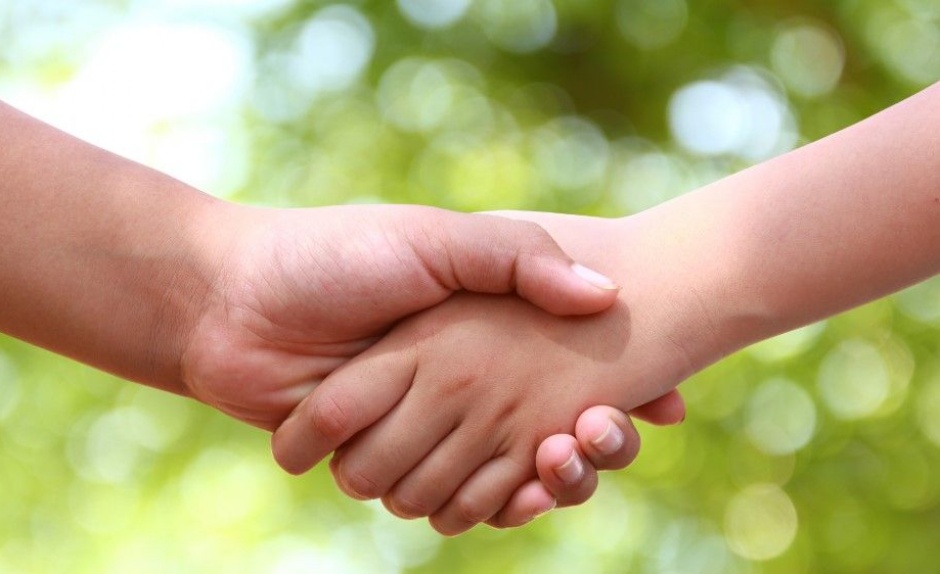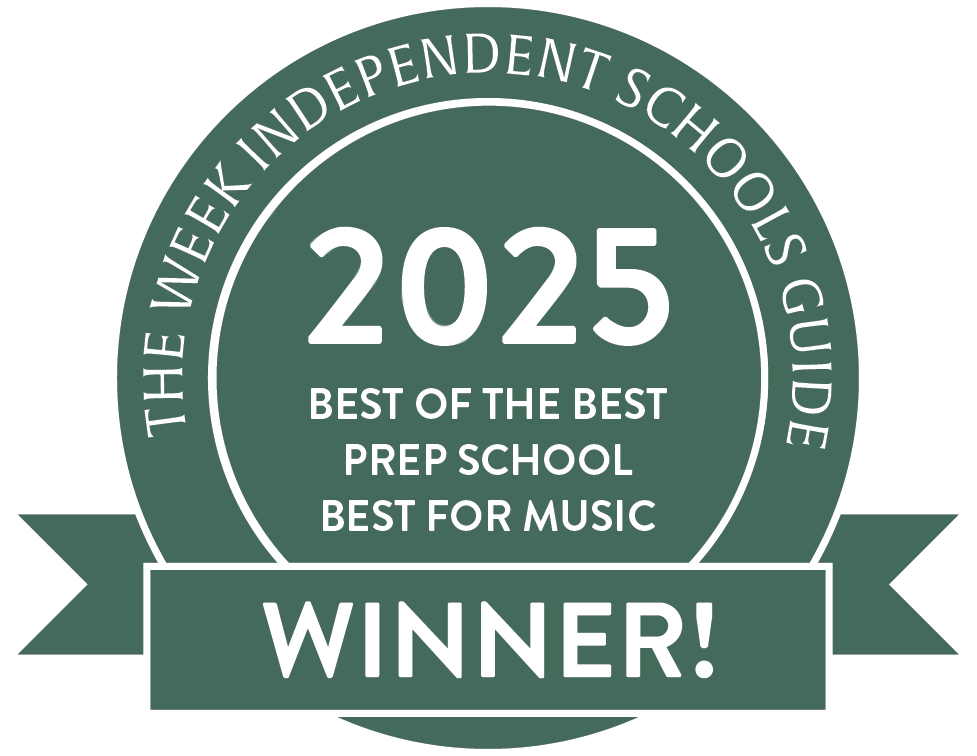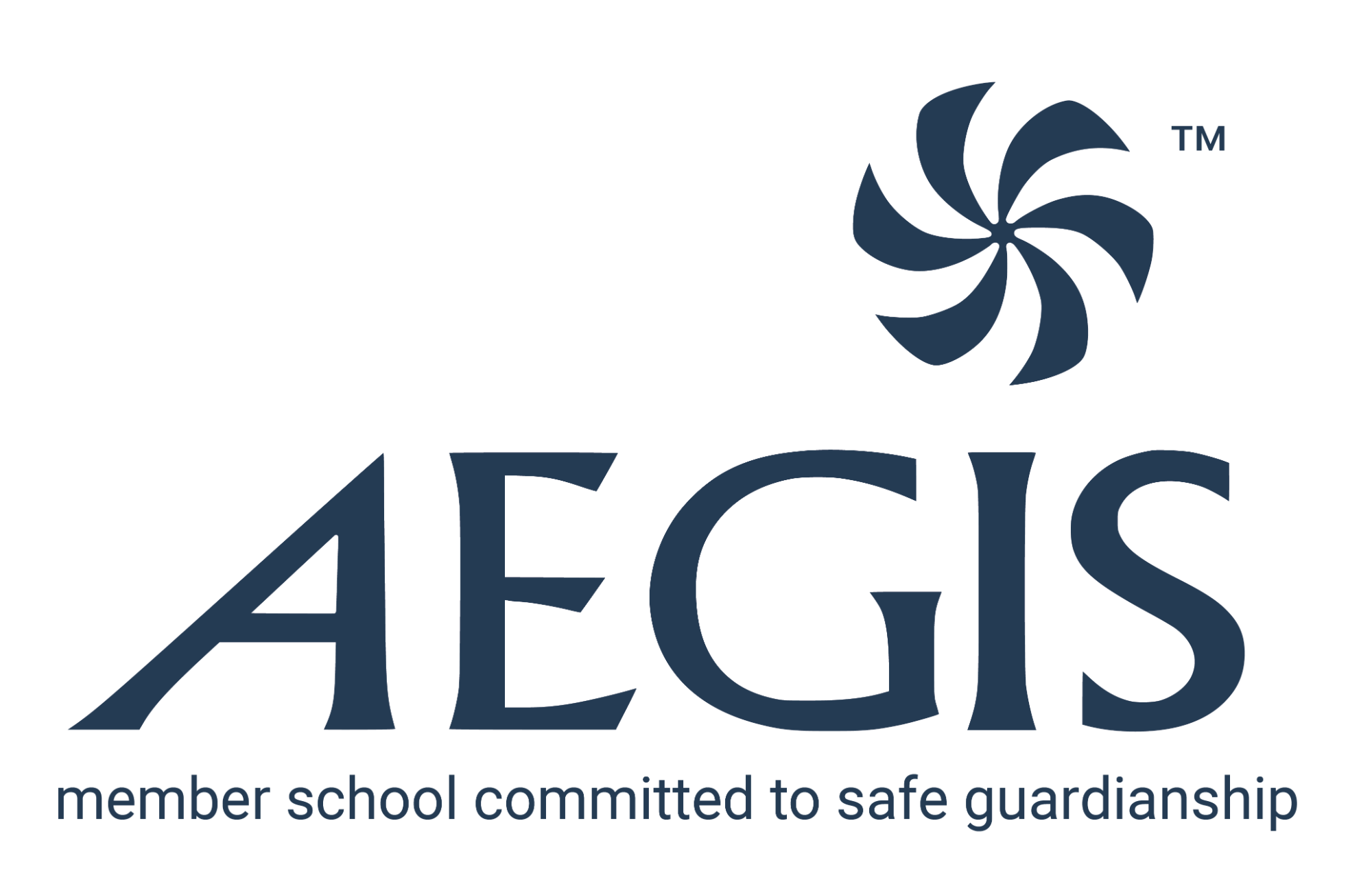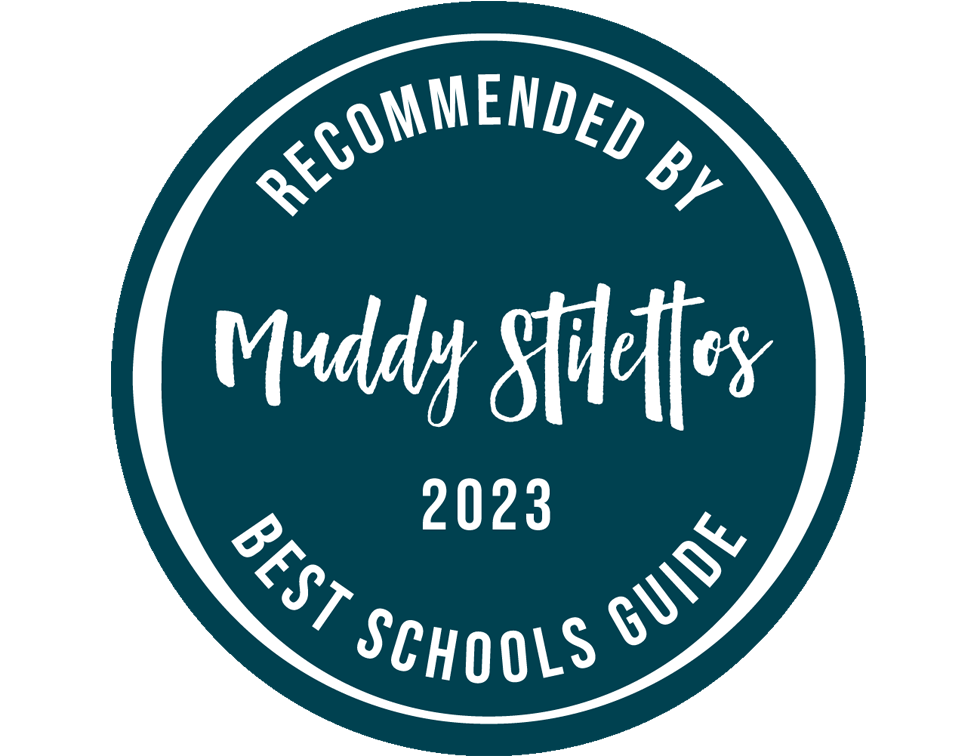Valuing the skill of mediation

Unsurprisingly, there has been no shortage of debate in recent months about the influence of AI on education.
Research increasingly points to two key areas where its impact on learning may not be entirely benign. The first is the removal of what psychologists call the cognitive load - that purposeful strain on the brain which deepens understanding and builds resilience through the effort of actually having to connect with and understand both the knowledge and the critical thinking elements at play in a piece of learning, or in applying learning. The second is the erosion of our human capacity for connection: the subtle, essential skills of collaboration, persuasion, empathy, and reconciliation that form the bedrock of healthy communities and, ultimately, successful leadership.
As AI systems grow ever more adept at drafting proposals, analysing options, and even negotiating positions, one begins to wonder whether those skills required in human mediation - including listening, interpreting, and resolving - might soon be, in effect, delegated away. Of course, these are precisely the qualities that, in the real world, mark out those who can navigate complexity with grace and bring others with them.
An intriguing example of this on the global stage can be found in Qatar. In recent years, this small Gulf nation has carved out a strikingly deliberate role for itself as a hub of mediation. From facilitating talks between adversaries in Afghanistan to brokering dialogue in Sudan and Gaza, Qatar has set itself up as a place where difficult conversations can at least begin. It would be naïve to imagine that such efforts are devoid of self-interest - geopolitical strategy plays its part - but there is nonetheless something worth noticing here. The act of mediation itself, however motivated, demands courage, subtlety, and an instinct for understanding (or at least wanting to understand) the human psyche. It is about helping people to meet across divides, to find - even briefly - the common ground that can prevent a rupture.
In our own, far smaller sphere, that same principle applies. Schools, at their best, are frequently places of mediation. They are laboratories for learning how to disagree well, how to navigate the “messiness” of human life, and how to repair relationships when things go awry. As I explored last week when addressing poetry and pastoral care, the boys must be met at their point of need, equipping them not only to cope with difficulty, but to transform it into understanding and empathy. As I write, Nurse Beaumont is holding her weekly ‘Group’ session in the Old Library just a few metres away: just one excellent example of how these principles are lived at Pilgrims’.
So, as AI develops in the background of the modern world, we will continue to value, consciously and unapologetically, the irreplaceable human touch: the handshake, the conversation at the meal table, the small act of mediation that rebuilds trust after a fall-out. For it is in these moments, unpolished, unpredictable, and profoundly human, that real learning happens and skills for life are developed. Perhaps a case of, ‘Plus ça change, plus c'est la même chose.’
Tim Butcher
Headmaster









